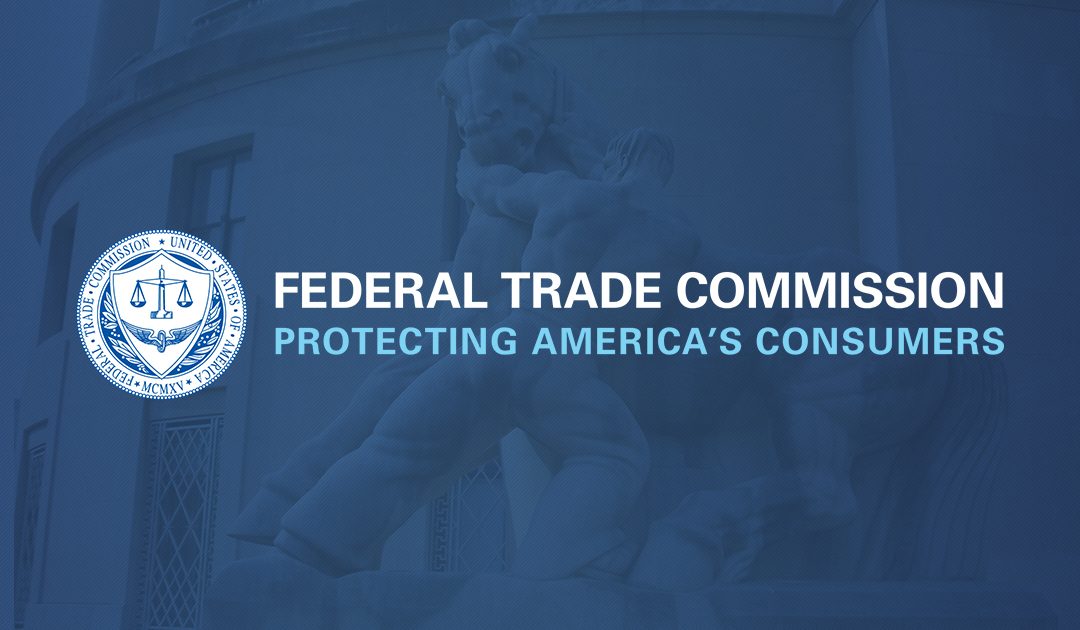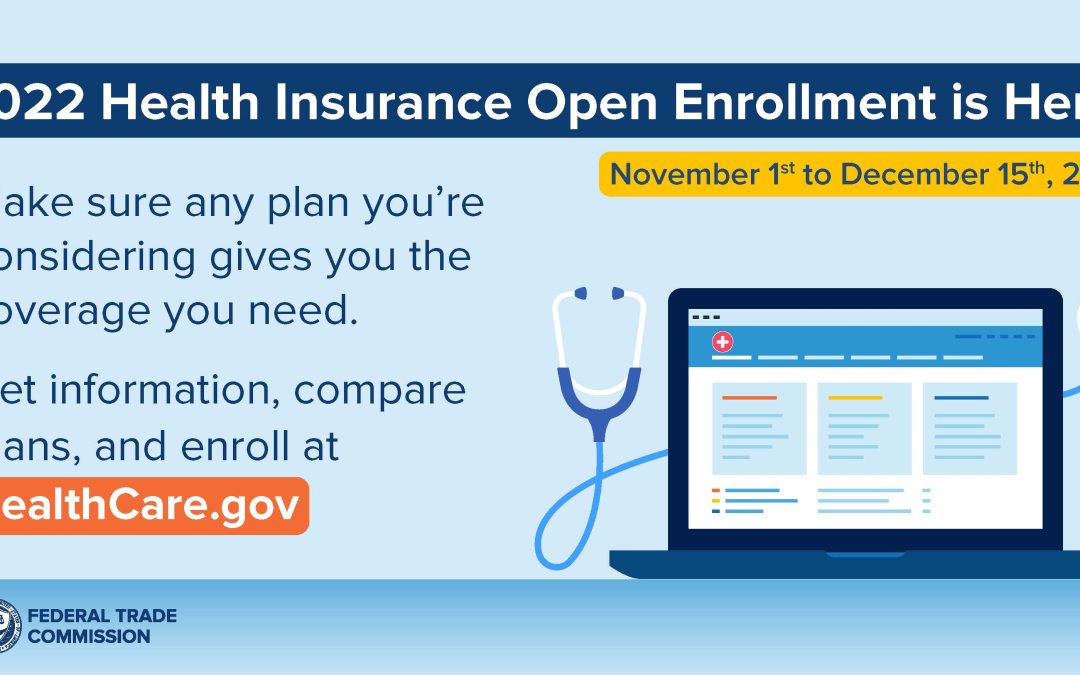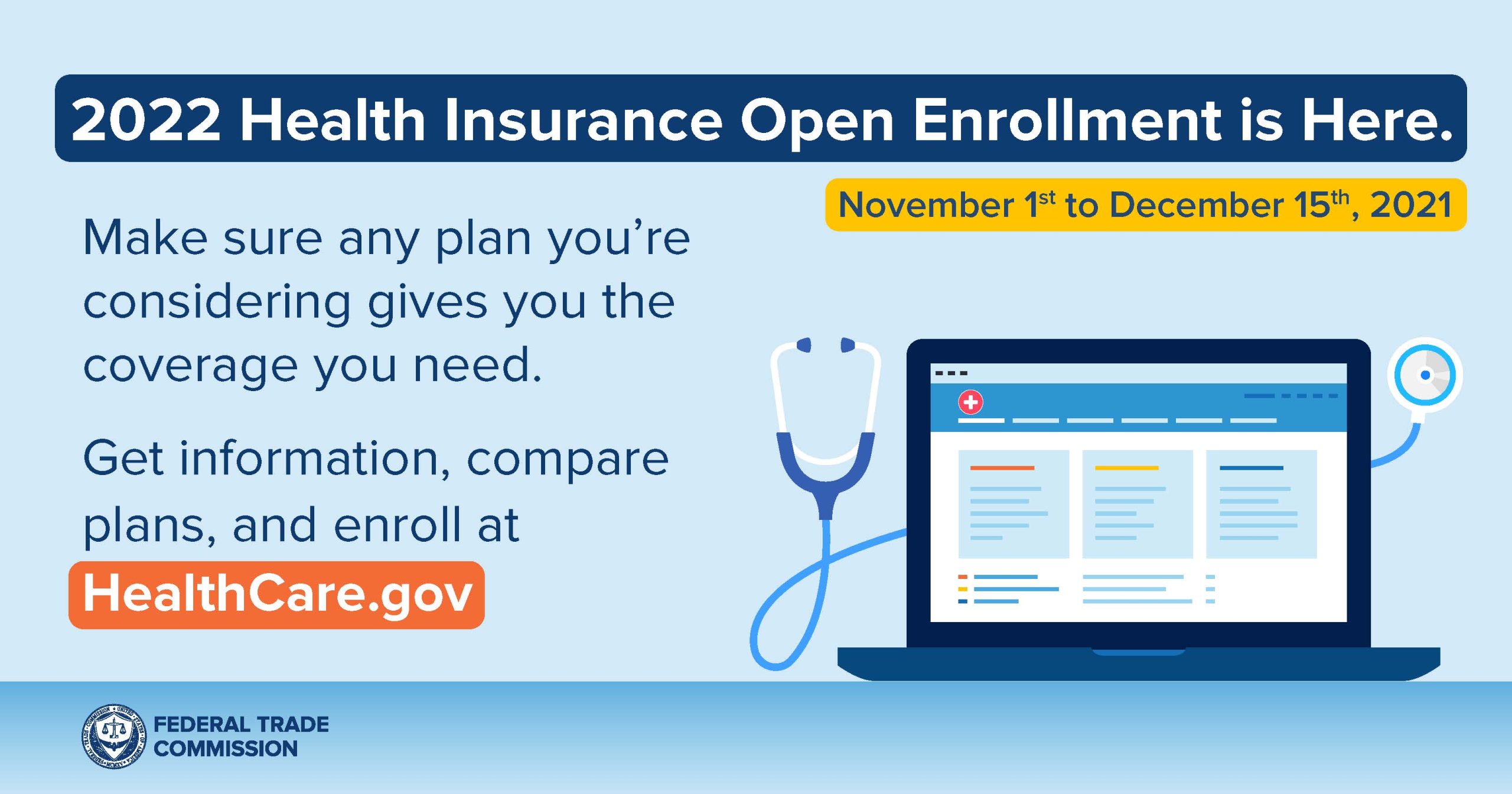by Scott Muniz | Nov 3, 2021 | Security, Technology
This article is contributed. See the original author and article here.
Mozilla has released security updates to address vulnerabilities in Firefox, Firefox ESR, and Thunderbird. An attacker could exploit some of these vulnerabilities to take control of an affected system.
CISA encourages users and administrators to review the Mozilla security advisories for Firefox 94, Firefox ESR 91.3, and Thunderbird 91.3.
by Scott Muniz | Nov 3, 2021 | Security, Technology
This article is contributed. See the original author and article here.
CISA has issued Binding Operational Directive (BOD) 22-01, Reducing the Significant Risk of Known Exploited Vulnerabilities, to addresses vulnerabilities that establishes specific timeframes for federal civilian agencies to remediate vulnerabilities that are being actively exploited by known adversaries. To support this Directive, CISA has established a catalog of relevant vulnerabilities. This catalog will be updated regularly, and organizations can sign up for notifications when new vulnerabilities are added.
CISA strongly recommends that private businesses, industry, and state, local, tribal and territorial (SLTT) governments prioritize mitigation of vulnerabilities in CISA’s Directive and sign up for updates to the catalog.
CISA urges organizations to review BOD 22-01 and the Fact Sheet for more information.
by Scott Muniz | Nov 3, 2021 | Security, Technology
This article is contributed. See the original author and article here.
CISA has issued Binding Operational Directive (BOD) 22-01, Reducing the Significant Risk of Known Exploited Vulnerabilities, to addresses vulnerabilities that establishes specific timeframes for federal civilian agencies to remediate vulnerabilities that are being actively exploited by known adversaries. To support this Directive, CISA has established a catalog of relevant vulnerabilities. This catalog will be updated regularly, and organizations can sign up for notifications when new vulnerabilities are added.
CISA strongly recommends that private businesses, industry, and state, local, tribal and territorial (SLTT) governments prioritize mitigation of vulnerabilities in CISA’s Directive and sign up for updates to the catalog.
CISA urges organizations to review BOD 22-01 and the Fact Sheet for more information.

by Scott Muniz | Nov 2, 2021 | Security
This article was originally posted by the FTC. See the original article here.
Amazon Flex drivers, watch your mail. The FTC just sent almost $60 million in checks and PayPal payments to eligible drivers who had their tips illegally taken by Amazon.
When customers placed orders through Amazon’s Prime Now or AmazonFresh services, Amazon asked “How much do you want to tip the courier?” Amazon told customers and drivers that “100% of tips are passed on to your courier.” But according to the FTC, from late 2016 through August 2019, Amazon illegally pocketed a big percentage of those tips.
The FTC just sent 139,507 checks totaling $59,428,878 and 1,621 PayPal payments totaling $171,715 to Amazon Flex drivers. Drivers who had $5 or more illegally taken by Amazon will get 100% of their tips returned to them. The highest award amount is $28,255 with an average of $422.
Here is more that drivers need to know:
- Deposit or cash your check by January 7, 2022. If you have a question about your payment, call 1-800-654-8874.
- Drivers getting checks of $600 or more will get a 1099 tax form with their payment. You should report this income on your 2021 tax return.
- Visit www.ftc.gov/AmazonFlex for important information about your check.
Drivers also should know that scammers sometimes try to target people eligible for payments by impersonating the FTC and asking for money or account numbers. To protect yourself, remember that the FTC will never require you to pay upfront fees and won’t ask you for sensitive information, like your Social Security number or bank account information. If someone claims to be from the FTC and asks you for money, it’s a scam.
Brought to you by Dr. Ware, Microsoft Office 365 Silver Partner, Charleston SC.

by Scott Muniz | Nov 2, 2021 | Security
This article was originally posted by the FTC. See the original article here.
 The 2022 health insurance open enrollment season is here (November 1 – December 15). So now is the time to think about changes to your health coverage. But before you do, make sure any plan you’re considering actually gives you the coverage you seek. Dishonest companies sometimes market medical discount plans or health plans with limited insurance benefits, as comprehensive health insurance. And sometimes they just lie about the “health plans” they offer.
The 2022 health insurance open enrollment season is here (November 1 – December 15). So now is the time to think about changes to your health coverage. But before you do, make sure any plan you’re considering actually gives you the coverage you seek. Dishonest companies sometimes market medical discount plans or health plans with limited insurance benefits, as comprehensive health insurance. And sometimes they just lie about the “health plans” they offer.
Medical discount plans charge you a monthly fee for discounts on specific medical services or products (like hearing or dental) from participating providers. Some medical discount plans give legitimate discounts, but others are just scams.
Health plans with limited insurance benefits (sometimes offered with association memberships) typically don’t cover, or offer very limited coverage for, catastrophic events. So you might find that things like medical emergencies and major injuries and illnesses aren’t covered — not something you want to discover when you’re sitting in the emergency room. They offer very little, if any, help with expensive medical bills.
So how can you be sure you’re getting a plan with the insurance coverage you need?
Check quality ratings at HealthCare.gov.
- Check out the quality ratings to see how plans compare to others in your state, based on member experience, medical care, and health plan administration. Get information, compare plans, and enroll at HealthCare.gov.
- Or sign up for a plan directly through several certified partners.
Look at the health care marketplace in your state and get free help.
- Use the local assistance tool to find a list of people and organizations in your community who can help you — for free. Call the Marketplace Call Center at 1-800-318-2596 to ask a question, start or finish an application, meet in person, compare plans, or enroll.
And remember, if you spot a scam, report it to the FTC at ReportFraud.ftc.gov. The more we hear from you, the more we can help fight scams. If the scam is Medicare related, report it at 1-800-MEDICARE.
Brought to you by Dr. Ware, Microsoft Office 365 Silver Partner, Charleston SC.






Recent Comments